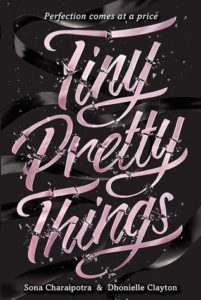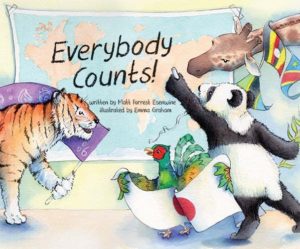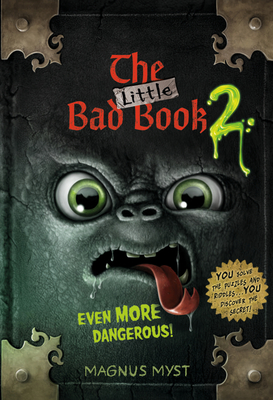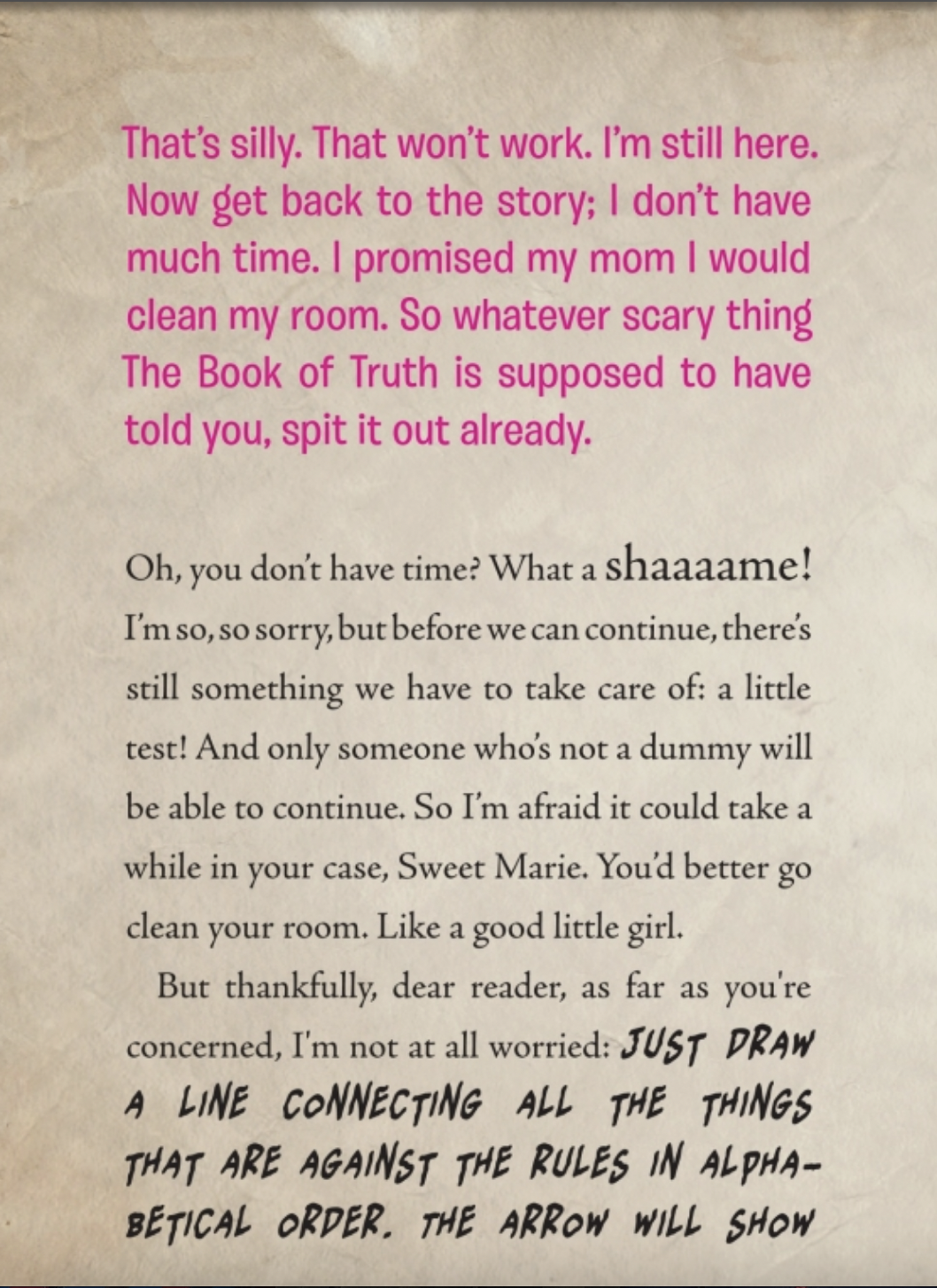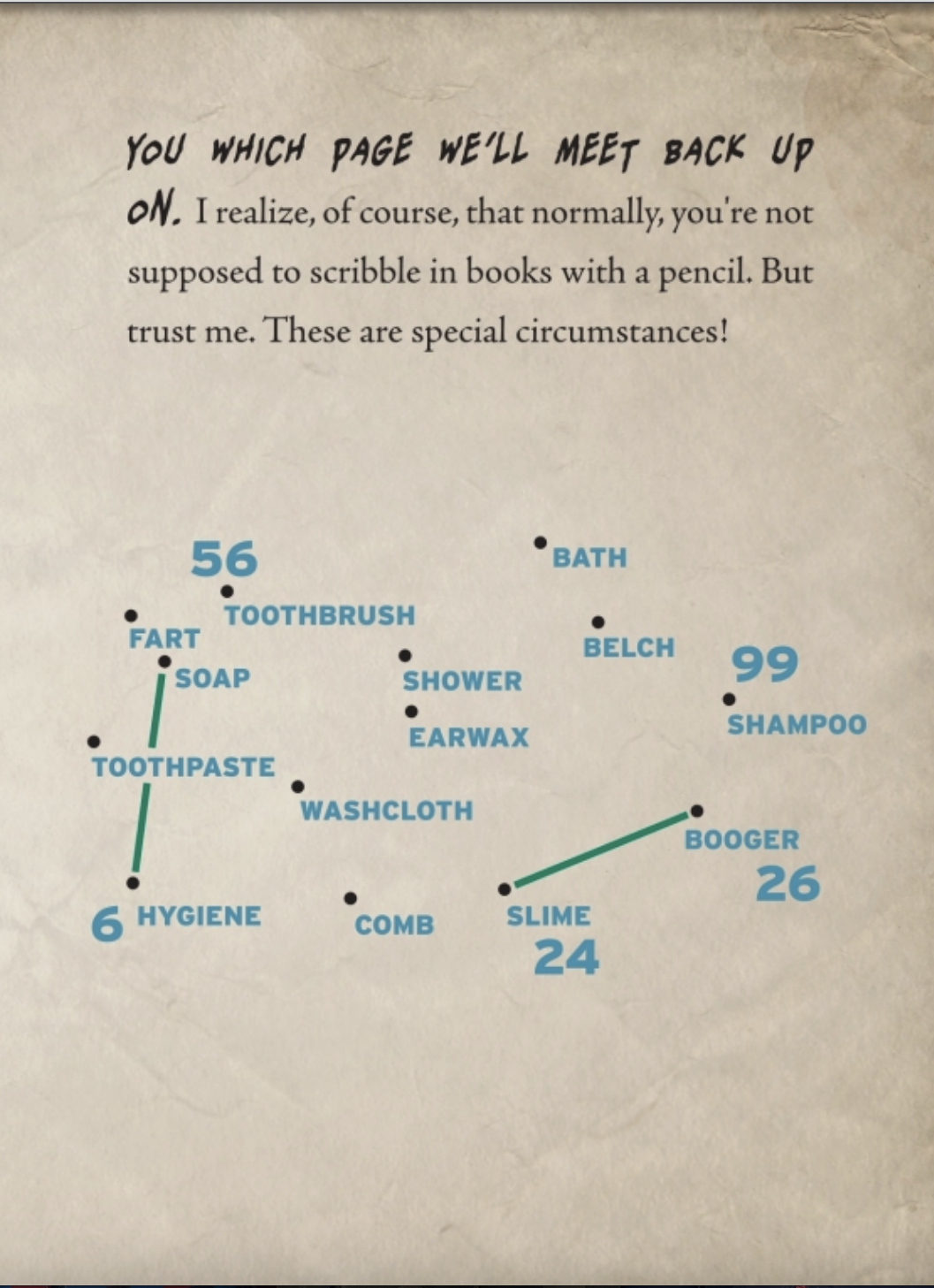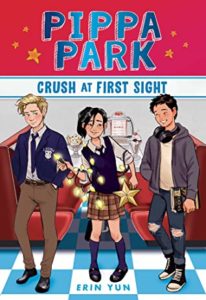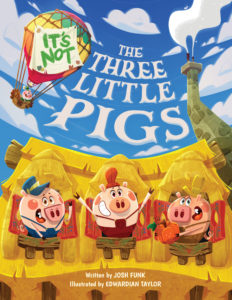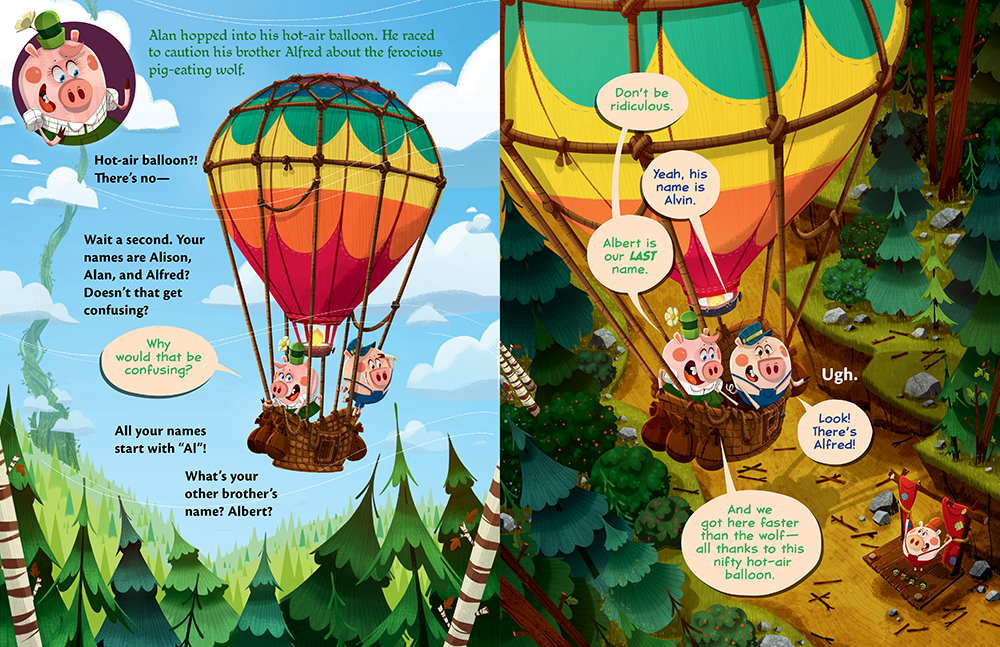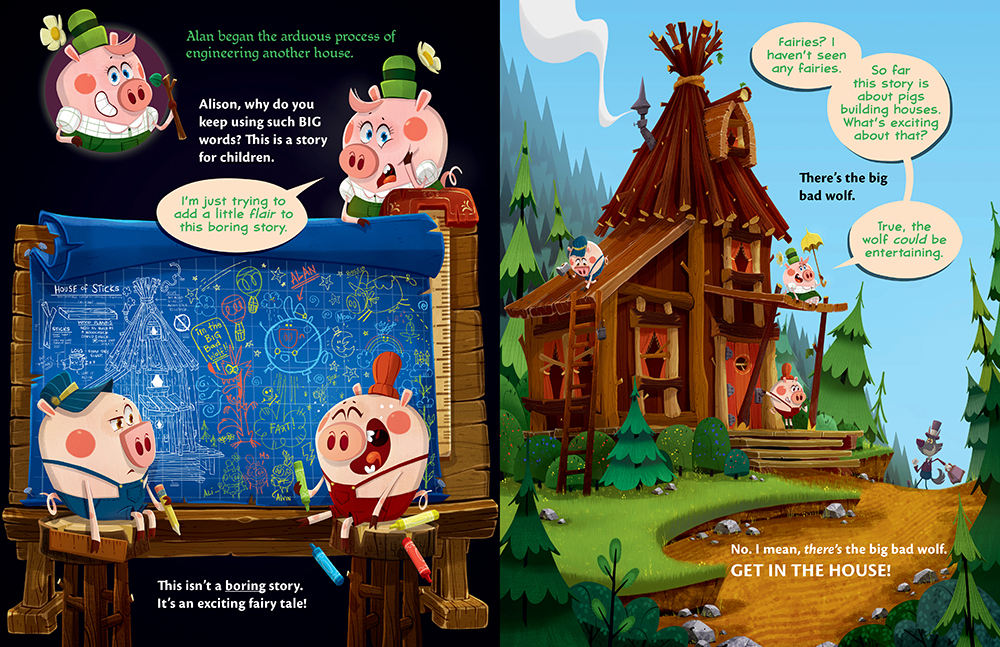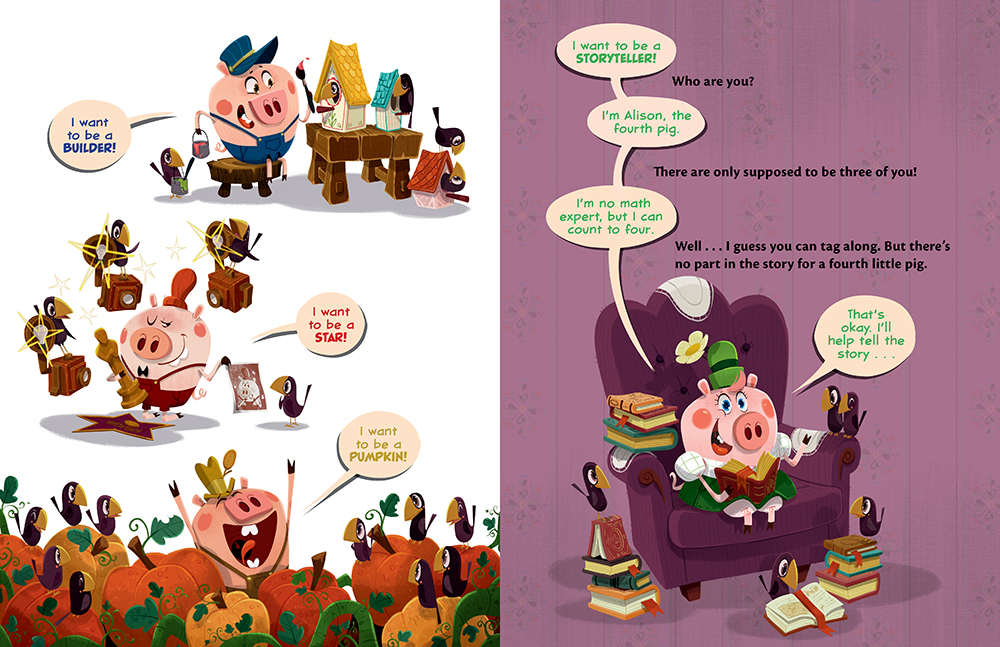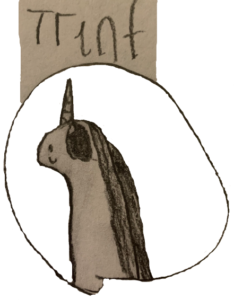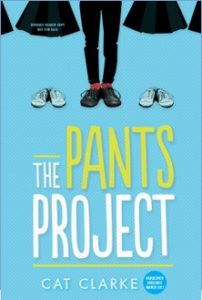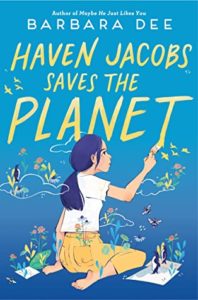
Haven Jacobs Saves the Planet
Author: Barbara Dee
Published September 27th, 2022 by Aladdin
Summary: Twelve-year-old Haven Jacobs can’t stop thinking about the climate crisis. In fact, her anxiety about the state of the planet is starting to interfere with her schoolwork, her friendships, even her sleep. She can’t stop wondering why grownups aren’t even trying to solve the earth’s problem—and if there’s anything meaningful that she, as a seventh grader, can contribute.
When Haven’s social studies teacher urges her to find a specific, manageable way to make a difference to the planet, Haven focuses on the annual science class project at the local Belmont River, where her class will take samples of the water to analyze. Students have been doing the project for years, and her older brother tells her that his favorite part was studying and catching frogs.
But when Haven and her classmates get to the river, there’s no sign of frogs or other wildlife—but there is ample evidence of pollution. The only thing that’s changed by the river is the opening of Gemba, the new factory where Haven’s dad works. It doesn’t take much investigation before Haven is convinced Gemba is behind the slow pollution of the river.
She’s determined to expose Gemba and force them to clean up their act. But when it becomes clear taking action might put her dad’s job—and some friendships—in jeopardy, Haven must decide how far she’s willing to go.
About the Author: Barbara Dee is the author of twelve middle grade novels including Violets Are Blue, Haven Jacobs Saves the Planet, My Life in the Fish Tank, Maybe He Just Likes You, Everything I Know About You, Halfway Normal, and Star-Crossed. Her books have earned several starred reviews and have been named to many best-of lists, including The Washington Post’s Best Children’s Books, the ALA Notable Children’s Books, the ALA Rise: A Feminist Book Project List, the NCSS-CBC Notable Social Studies Trade Books for Young People, and the ALA Rainbow List Top Ten. Barbara lives with her family, including a naughty cat named Luna and a sweet rescue hound named Ripley, in Westchester County, New York.
Review: I’ve never read a book about eco-anxiety before, but I could definitely empathize with Haven Jacobs and her true anxiety over the state of our planet. I loved that the book gave tangible things that could be done in a community and also looks at global issues. Additionally, like all of Barbara Dee’s books, she does a great job balancing teaching (about science and climate change) and storytelling.
Teachers’ Tools for Navigation: The publisher-provided reading group guide also includes extension activities:
1. Choose one of the following and write an essay:
– How does Haven’s name reflect the major theme of the book?
– Revisit the chapter titled “The Scratch,” and the scene in which the author describes Haven’s room and talks about how her room shows readers who she is and what’s important to her. Then write a description of your own room, and ask a partner if they can identify what is most important to you.
– Using the quote attributed to Dr. Martin Luther King Jr. (“If I cannot do great things, I can do small things in a great way”), write an essay about what that means, giving specific examples from the book.
2. Haven’s heroine is a fictional Inuit teen climate activist named Kirima Ansong. Choose a real-life teen activist and write a report about them, the issue they support, and the actions they’ve taken.
3. The headline of the RiverFest story is “SEVENTH GRADER GRIPPED BY ECO-ANXIETY,” which nicely sums up the major theme of this book. How prevalent is eco-anxiety among the kids at your school? Create a survey and share it to discover the answer. Write a report sharing your findings.
4. Choose one of the following topics from the book to research and write a report about, using the facts shared in the book as a jumping-off point to learn more.
Discussion Questions:
(Chosen questions from the publisher-provided reading group guide; there are 16 questions on the guide)
1. Talk about how the two events that Haven relates in the book’s opening chapter illustrate two of the book’s major themes. What does the bouncy house incident show readers about Haven’s personality? Do you agree with Grandpa Aaron that “‘Haven’s a true problem solver’”? (Chapter: Sensitive) Do you consider yourself to be a problem solver?
2. Why does Haven decide to become a vegetarian? Do you understand and sympathize with her reaction when she goes fishing with Carter and her dad? Are you a vegetarian, or do you have friends who are? What are some other reasons that people make this choice? Talk about how vegetarianism connects with the issue of climate change.
3. Do you understand why Haven is so upset about climate change? How do you feel about her statement that “’no one cares about anything except what’s going on in their own lives’”? (Chapter: Dinner) Why do some of her friends think climate change is too depressing to talk about? Haven tells Lauren, the reporter, that all kids are worried about the issue. How do you and your friends feel?
4. Have you ever heard of eco-anxiety? What are some of the signs of eco-anxiety that Haven is experiencing? How might eco-anxiety feel different from other things kids are anxious about, like taking tests or giving oral reports? What are some actions Haven takes, or could take, to relieve this anxiety?
5. Ms. Packer says to Haven: “‘There’s a positive way to be upset, and another way that just makes you feel hopeless and depressed.’” (Chapter: The Blanks) Do you understand both options? Do you identify with one more than the other? What do you think when Haven says she feels that going to school is pointless, that there are more important things going on?
Flagged Passages:
Read This If You Love: Learning or reading about climate change, science, and/or mental health
Recommended For:
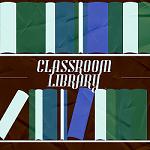
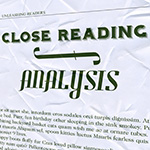


**Thank you to Casey at Media Masters Publicity for providing a copy for review!**
